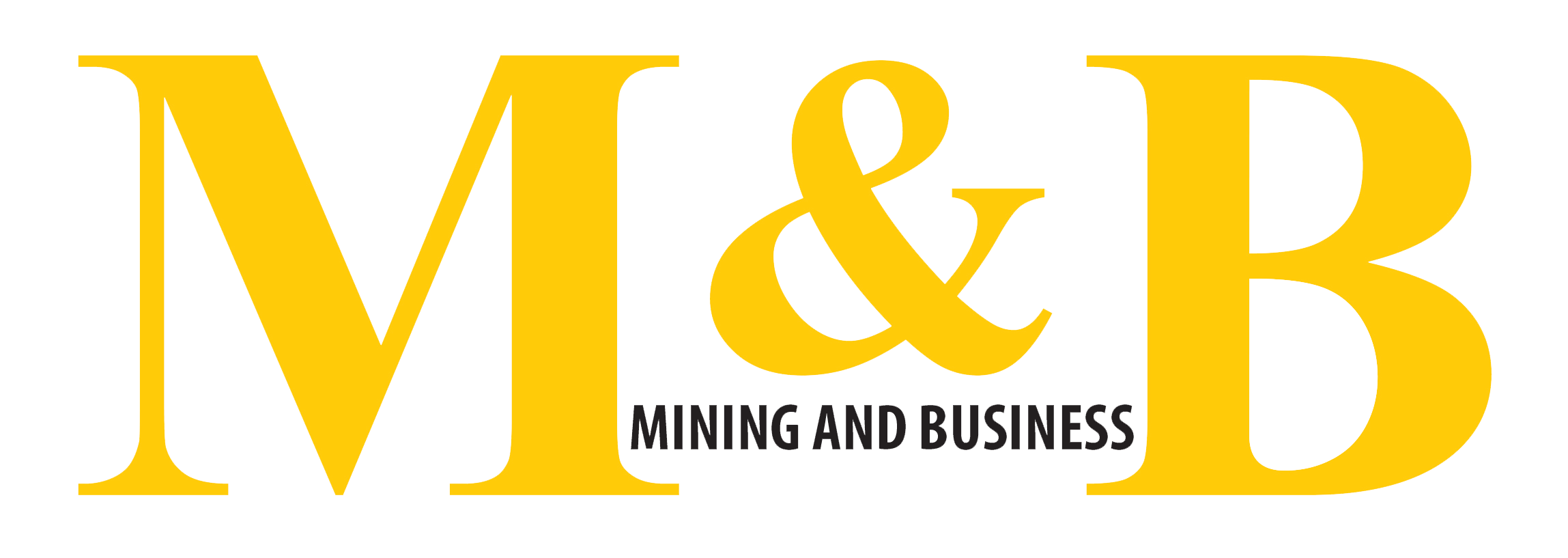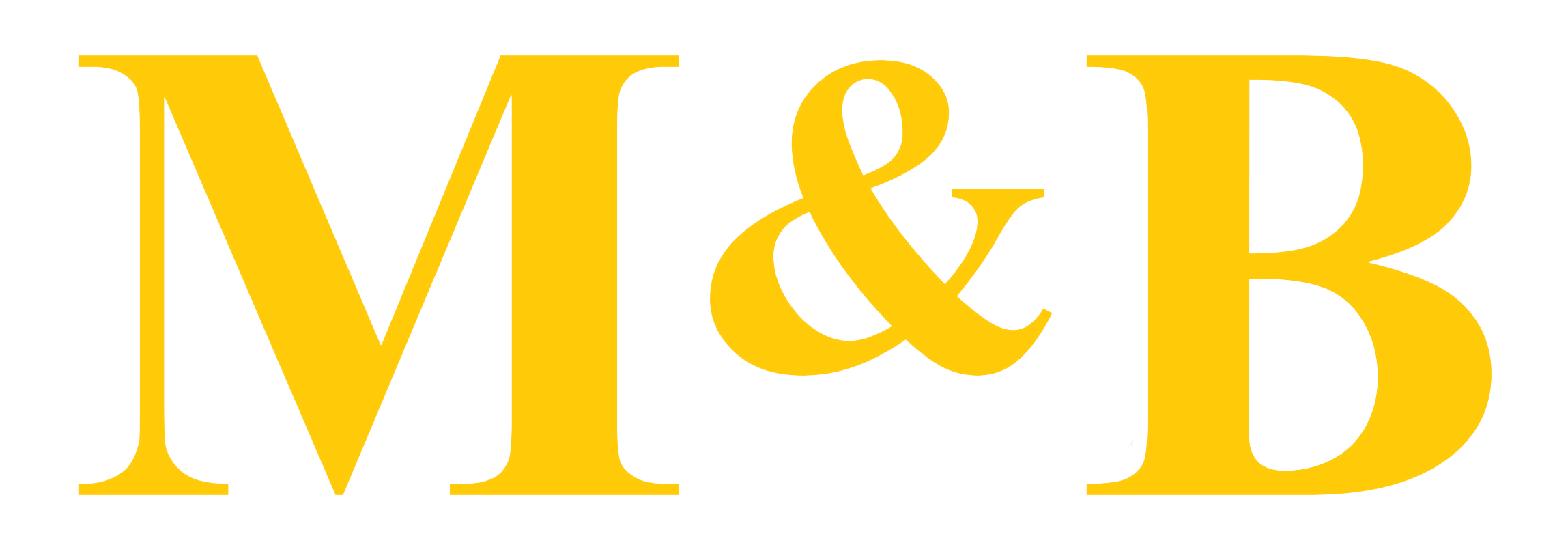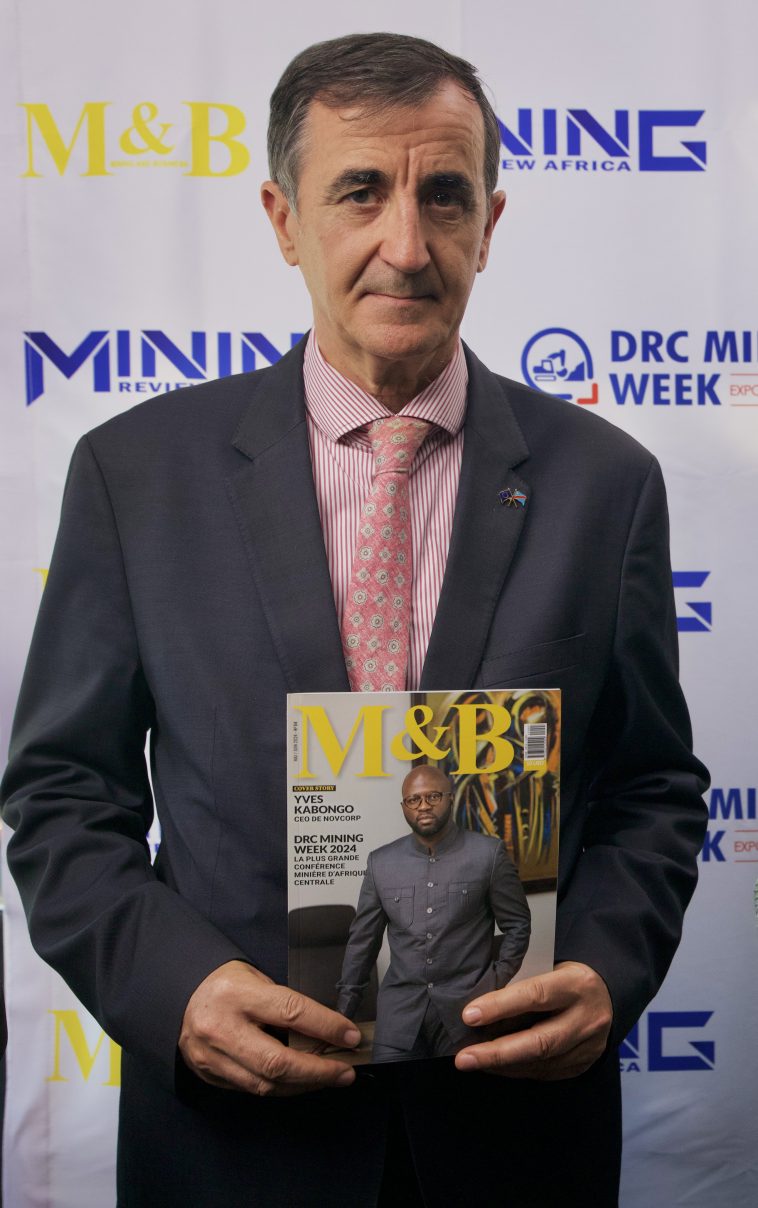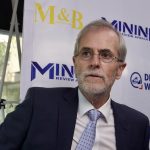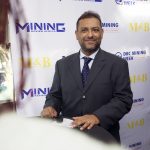Good morning, Ambassador. Could you say a few words about yourself and your career?
My name is Nicolas Berlanga Martinez. I’ve been a European diplomat since 2002. In 2009, the European Union approved what is known as the Lisbon Treaty, which led to the creation of a European diplomatic service called the European External Action Service. It is a hybrid service made up of European diplomats and national diplomats from the Member States. We thought that by creating this body where there is this combination of bilateral diplomats who have been working for a long time with certain partners and these modern European diplomats, we would create synergies so that we could work more closely together.
And that’s why I joined this European External Action Service. I was EU ambassador to Togo in 2013-2017, to Somalia from 2019-2021 and to the Democratic Republic of Congo from 2023.
And as you know, in diplomacy, there is a whole process for appointing an ambassador, which requires approval from the authorities. This approval was given around mid-November. So I arrived two weeks later.
And since the elections were held on 11 January 2024, I presented my credentials to the Head of State.
For our readers, could you explain the weight and role of the European Union and its cooperation in the DRC?
The EU has been a partner of the Congo for a long time, I would even say since independence. It’s true that at the time, the European Commission, the Executive of the European institutions, had more of an early development approach. A few months ago, we carried out a study which showed that around 17% of Congolese felt that they benefited directly or indirectly from the actions of the European Union. We also carried out a study to confirm our actions. Currently, 12 million Congolese have access to health and education thanks to the support of the European Union. 45 of the 124 territories benefit from EU support.
There are 5 natural areas, the Virunga and Salonga parks. So we’ve tried to put a figure on it and show that this idea of partnership, which we think is very well rooted in Congolese society, needs to be continually renewed.
I think that the change that you asked me before about European diplomacy is that from 2009 onwards, I forgot to tell you that 50% of European ambassadors are European diplomats and 50% are diplomats from the Member States. And that’s why, for example, my three predecessors were diplomats from the Member States. This time, after a very competitive process, they have decided to appoint me, a European diplomat of Spanish nationality, as the European Union’s ambassador to the Congo.
In fact, I think that since 2009, thanks to these changes, we have become a more reliable diplomatic partner, covering many areas of political dialogue, macroeconomic support and humanitarian aid.
And, unfortunately, we have the tragedy of what is happening in the East until we get to development. The DRC was the EU’s first defence mission in 2003 and 2004 to ensure security in the east of the country.
It was a great success. And this success has enabled us to develop this security and defence component of the European Union, which is now, 20 years on, very well consolidated. And thanks to this, we are now present in several conflict scenarios.
So it’s a question of mediation. And in this evolution, it has to be said that we also realised that the African countries were asking us for a different way of looking at them.
They were asking for a partnership between equals, a dialogue based more on their own ambitions and their own projects. And we responded in kind. And we are in the process of moving towards an investment approach.
Our presence in the DRC has to be dynamic and in line with developments in our own country. And this country is not the same demographically. You know, since 1980, the population of the Congo has multiplied by 4 or 5. The institutions are not the same. They are much more deeply rooted. And there are other partners present in the country that perhaps 20 or 30 years ago were not. So, in this sense, I think that evaluating the European Union in its actions, its activities, its commitments to the DRC, is simply a response to the country’s own evolution.
Especially as we are in the midst of a green transition, an energy transition the world over. The Congo not only has a rich subsoil, it is also the world’s leading lung in terms of the fight against climate change. The Congo Basin is now the most important.
So, in this sense, combining actions in favour of this green energy transition and also preserving the Congo’s strong capacity in terms of the fight against climate change seemed essential to us.
There was another aspect on which we made a lot of progress, which I think is positive. It’s the fact of working together. We call it Team Europe.
In other words, we realised that, given the international issues at stake and the issues facing the Congolese people, we would be more effective if the European Union and its Member States worked together.
And our presence at this Mining Week is a very good example. We worked together, we prepared a huge number of activities together. All the stands and our Member States have a European connotation.
In fact, this is just a first step, or a second step, because we were already present last year, to continue in this direction.
So that’s how we describe our presence. I’d also like to point out another aspect. If you look at the fortress of the European Union, not just in financial terms, but in terms of the cultural sharing of a civilising vision with the people of the Congo, the technological power of our European Union companies, I don’t think there’s anything else.
The ability to exchange ideas in a language that we share gives us a very positive, very constructive presence, on which we obviously need to continue to build trust.
Our basic idea now is to develop a roadmap for a memorandum of understanding, in other words a declaration of intent that we signed with the DRC in October 2023, to have a list of projects that show what the European investment model is, particularly in the mining sectors, but not only in the mining sectors. We’re talking about infrastructure, energy and agribusiness. So it was a partnership in favour of economic diversification.
Can you give us an idea of the annual budget for cooperation with Europe?
I can speak on behalf of the European Union. I don’t know the figures for the Member States. As you know, some Member States have a strong presence in the Congo. But as far as the European Union is concerned, just in terms of donations, i.e. transfers without conditionality, we are around €200 million a year, including humanitarian aid.
But we have developed a new tool called Global Gateway, which is in fact a way of concentrating our actions in the community, in infrastructure, in health, in education, and also mobilising private funds.
The intention of this Global Gateway is to mobilise 150 billion euros for Africa between 2021 and 2027.
What would be in it for the DRC?
That depends on the dynamism of the authorities, i.e. presenting projects and identifying initiatives together. The European delegation at Mining Week includes representatives from the European Investment Bank, for example. And we work a lot with other European investment banks, such as ProParcours, the German KFW and others. So, in this sense, our vocation is to mobilise public funds in the form of donations or guarantees. As you know, many investors ask for guarantees before making private investments. So, by combining these public-private partn
erships plus donations, the ambition is to mobilise a very significant amount for the Congo.
M&B
